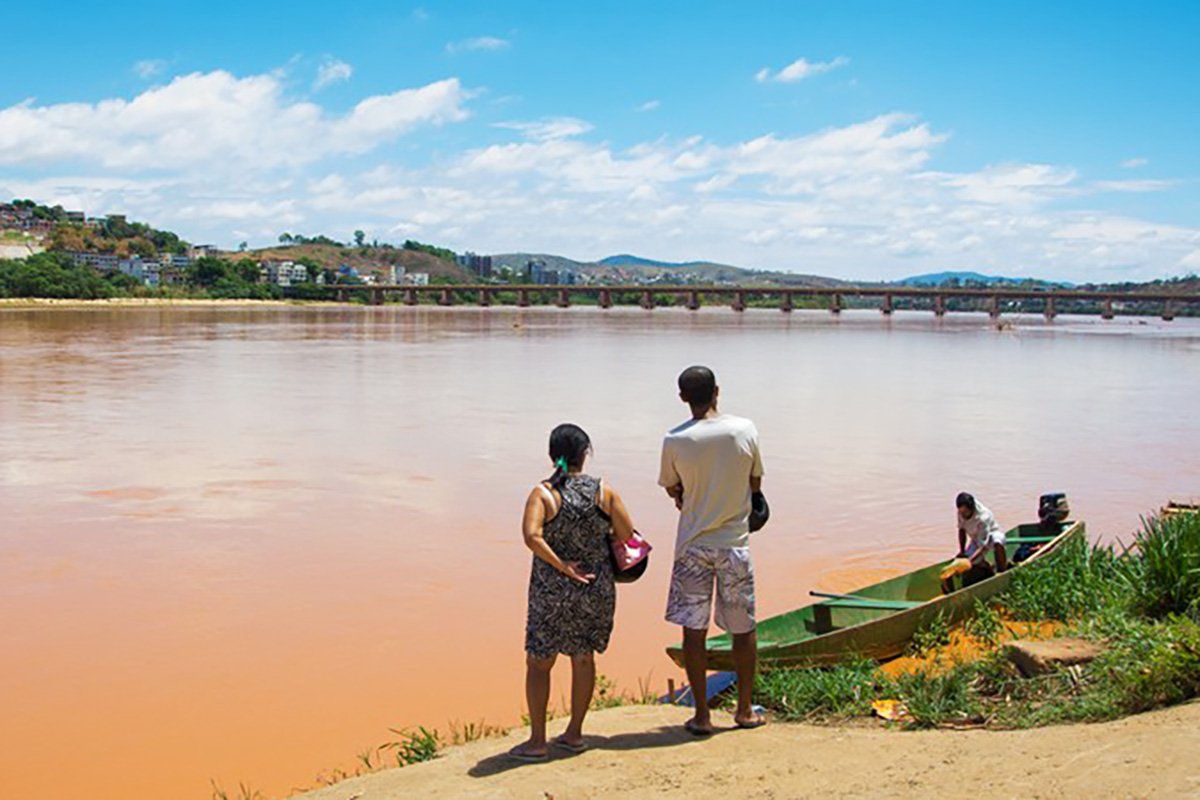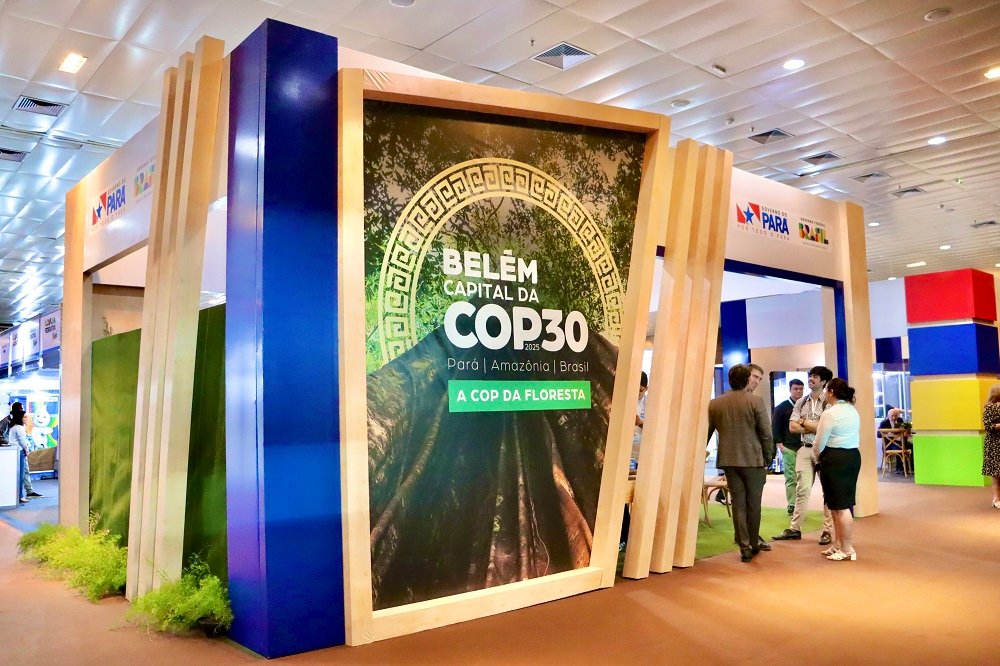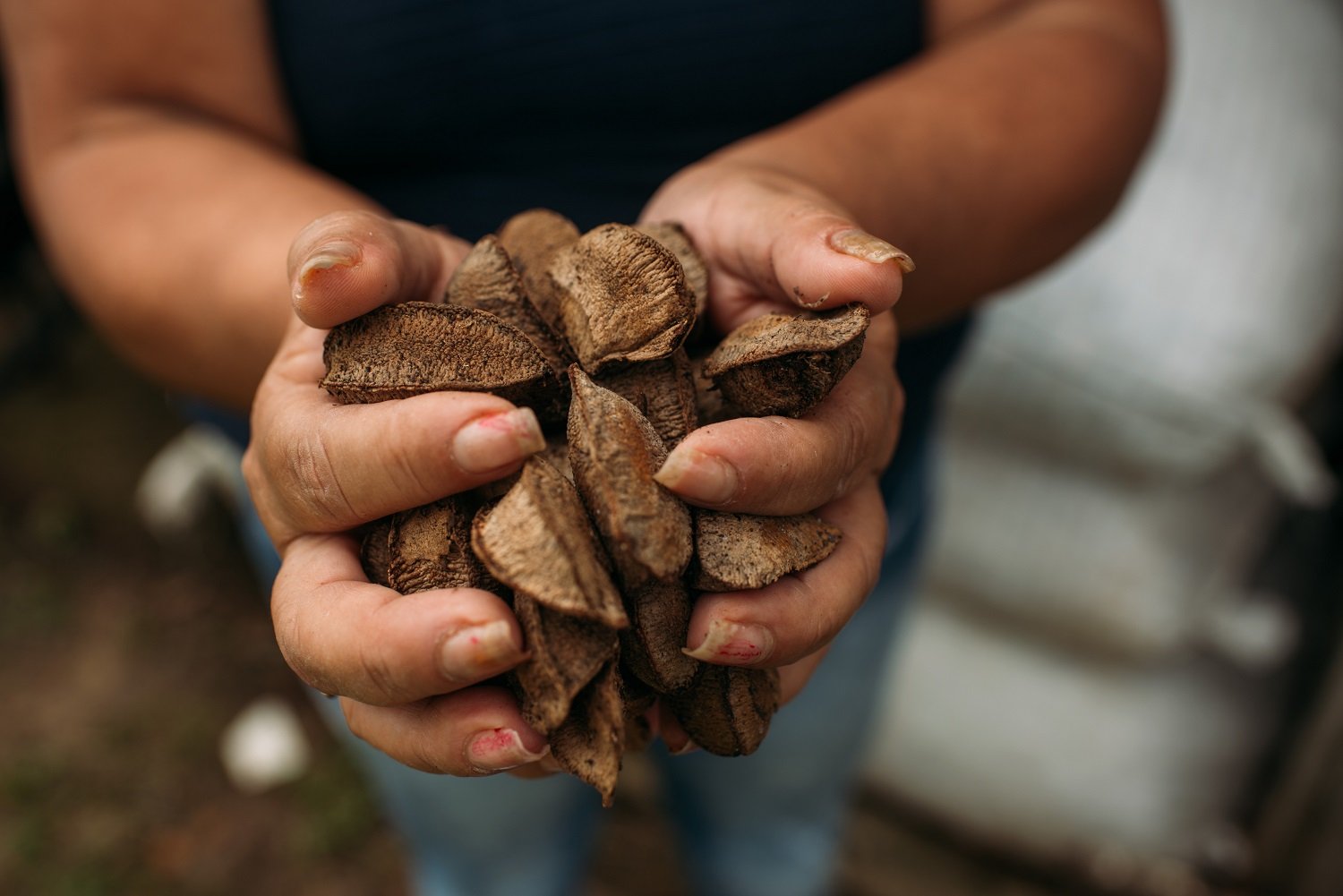Records of meetings held between the judge responsible for the Mariana disaster case and lawyers from Espírito Santo state in 2020 and 2021 indicate a possible suspicion of judge Mário de Paula Franco Júnior.
In the videos, obtained exclusively by the Mining Observatory, the judge of the 12th Federal Court of Minas Gerais admits that many people who should not receive compensations will receive and those who should receive will be left out.
The meetings also reveal that Mário de Paula directed a commission from São Mateus (ES) before its creation in 2020 and, in January 2021, met with members and lawyers of commissions from various cities to calm the spirits, ensuring the continuity of indemnity payments.
Follow-up: More than 140 jurists and organizations request the immediate removal of Mariana disaster case judge
Article 145 of the Code of Civil Procedure says that there is a suspicion from the judge that “advise any party on the subject of the case”.
Ignoring the original agreement signed in court with several institutions involved, such as the Public Prosecutor’s Office, the payments are part of a new model that spread through the affected cities and generated an explosion of law firms.
The “Simplified Indemnity System” determined by the judge serves informal workers, who must hire a lawyer, who gets 10% of the indemnity. The values of each range from R$ 17 to R$ 567 thousand.
So far, R$ 700 million has been paid for 8 thousand orders. Minas Gerais and Espírito Santo state lawyers took R$ 70 million. Sources confirm, however, that many lawyers are closing deals outside the system, demanding up to 30% of the total amount.
For the Federal Prosecutor’s Office, there is strong evidence that this new model was created by judge Mário de Paula in collusion with the mining companies Vale, Samarco and BHP, responsible for the disaster, the Renova Foundation, created to repair the damage and the local lawyers.
When joining the system, the person is obliged to accept the definitive settlement of any open indemnity, including the Emergency Financial Aid, which Renova tried to cut in the middle of the pandemic.
The affected person also needs to give up any lawsuits abroad and agree to close the registration of new people.
For Eugênio Aragão, a former Minister of Justice, judge Mário de Paula “has completely lost his impartiality”, what he is doing is “very convenient for Vale” and “harms most of those who are affected”.
After this story, read: Justice Institutions request the removal of Mariana disaster case judge
On November 5th, 2015, the Fundão dam, owned by Samarco – controlled by Vale and BHP – burst, releasing 39.2 million cubic meters of tailings waste in the Rio Doce Basin. It was the biggest environmental disaster ever in Brazil.
Along the way, the mud caused the death of 19 people and a series of impacts in 39 municipalities along 670 kilometres from Minas Gerais to Espirito Santo state.
“Good” and “bad” leaders
“Identify who the good leaders are and try to identify the bad leaders who just want to damage the system. Reassure everyone. The indemnities will continue to advance”, promises Mário de Paula at the January meeting.
The legitimacy of the Minas Gerais and Espírito Santo commissions is questioned by the Public Prosecutor’s Office, which points out several irregularities such as falsifying signatures.
People heard by the report also claim that these commissions were created in haste, without effective representation and disrespecting years of local deliberations.
The system was enthusiastically embraced by the mining companies Vale, Samarco and BHP and by the Renova Foundation, which created a Lawyer Portal to facilitate direct access to the new model.
Lawyers say thanks to the judge
The press office of the Federal Court of Minas Gerais (TRF1) responded to the first request for an interview with Judge Mário, stating that “due to legal impediments, the judge does not comment on ongoing cases”. Ask again about the vídeos of 2021, the official response was to send this story.
The release mentions that the commissions sent a joint expression of thanks and praise to express their satisfaction with the new system. In the opinion of Judge Mário de Paula, the new system would be “a milestone in the history of the national Judiciary”.
To date, 18 territories in Minas Gerais and Espírito Santo have entered the indemnity format. Proceedings in other locations are ongoing.
Upon filing a writ of mandamus in October, the prosecutors alleged “repeated abusive conduct practiced by the court of the 12th Federal Court of MG”. In a 2017 lecture, Mário de Paula compared himself to Sérgio Moro, which has now been declared partial and had its suspicion confirmed by the Federal Supreme Court in the case of the triplex of former President Luís Inácio Lula da Silva.
Judicial activism
The TRF1 report states that Mário de Paula decided to apply to the Samarco case the concept of “Rough Justice”, imported from American law, which is being used “in an unprecedented way in Brazil” through the simplified compensation matrix, which “prioritizes the effectiveness of the justice system “.
For Lenio Luiz Streck, professor of Constitutional Law, there is no hypothesis in which the judge’s impartiality may suffer an exception. This would be a typical case of “judicial activism” and the idea of “doing what is possible” is not acceptable, something that cannot be spread throughout Brazil. “There is no legal claim that I can circumvent the law for good,” says Streck.
Federal and local prosecutors and the Public Defenders of MG and ES appealed against a decision by Mário de Paula, which cut in half the amount of emergency financial aid paid by Renova to affected people. Considering that the Renova Foundation does not fulfill its obligations and represents the interests of Vale, Samarco and BHP, prosecutors of Minas Gerais recently asked for the extinction of Renova.
The Renova Foundation said that it “does not comment on specific cases”. Vale stated that adherence to the new system is completely optional. For Samarco, anyone who does not agree with the terms can seek the judiciary. BHP reported that “it never made any kind of agreement with local lawyers before these actions were filed in these municipalities”.
Of the 21 people who had been charged in 2016 by the Public Prosecutor’s Office for the crime of qualified homicide with possible intent, five continue to respond to a lawsuit in the Federal Court.
Today, however, they are responding to flood and landslide crimes followed by death, as well as environmental crimes. The crime of homicide was removed from the process in 2019. Vale, BHP Billiton and Samarco are defendants in this process.
Check out the full video of the meetings:
Descubra mais sobre Observatório da Mineração
Assine para receber nossas notícias mais recentes por e-mail.





